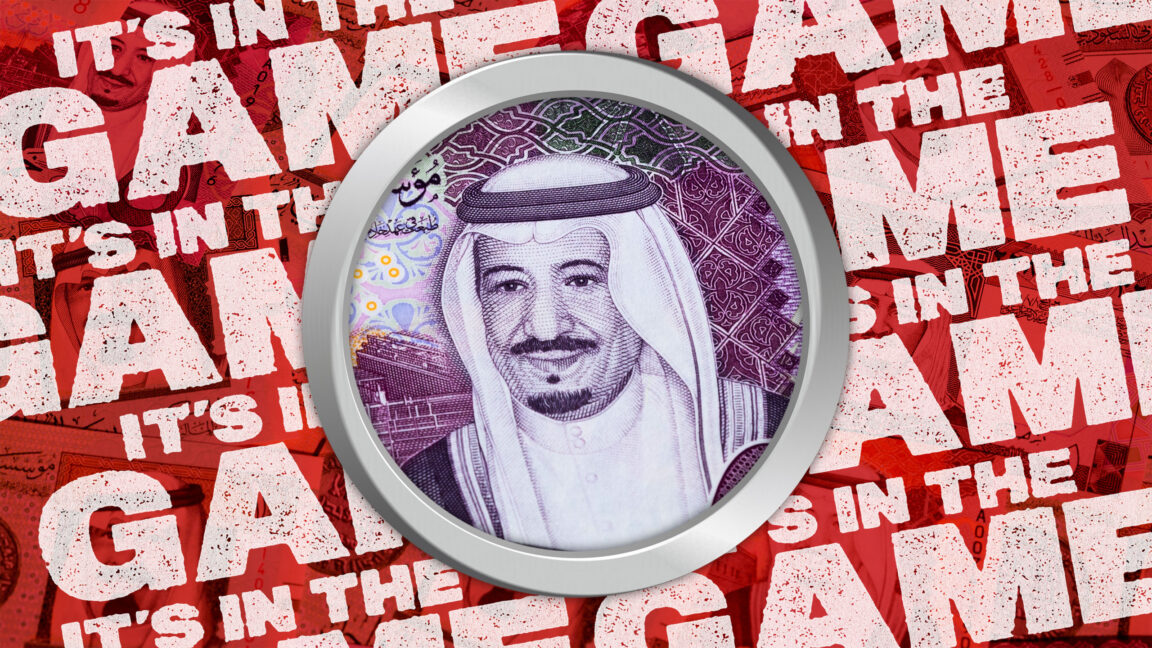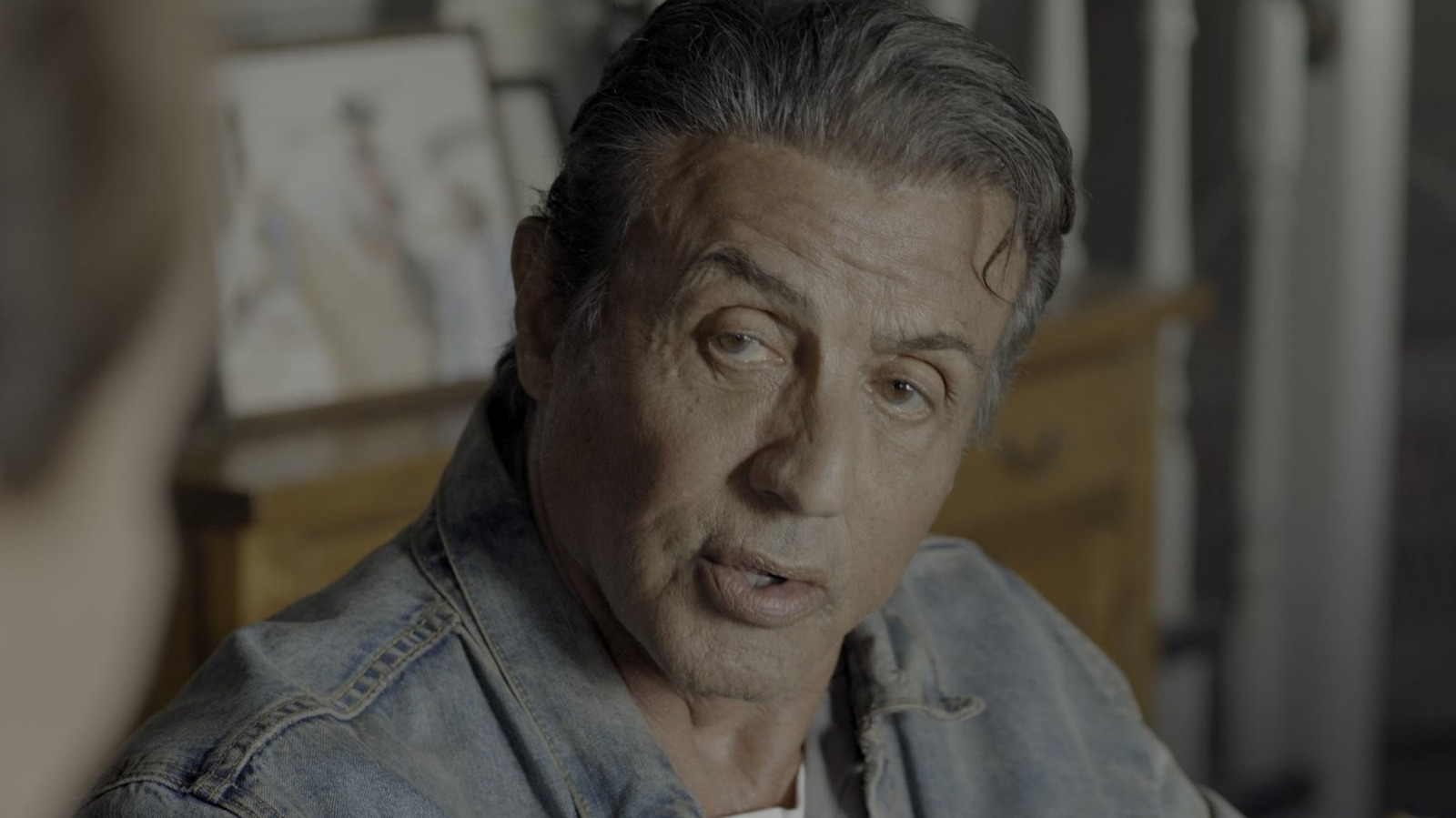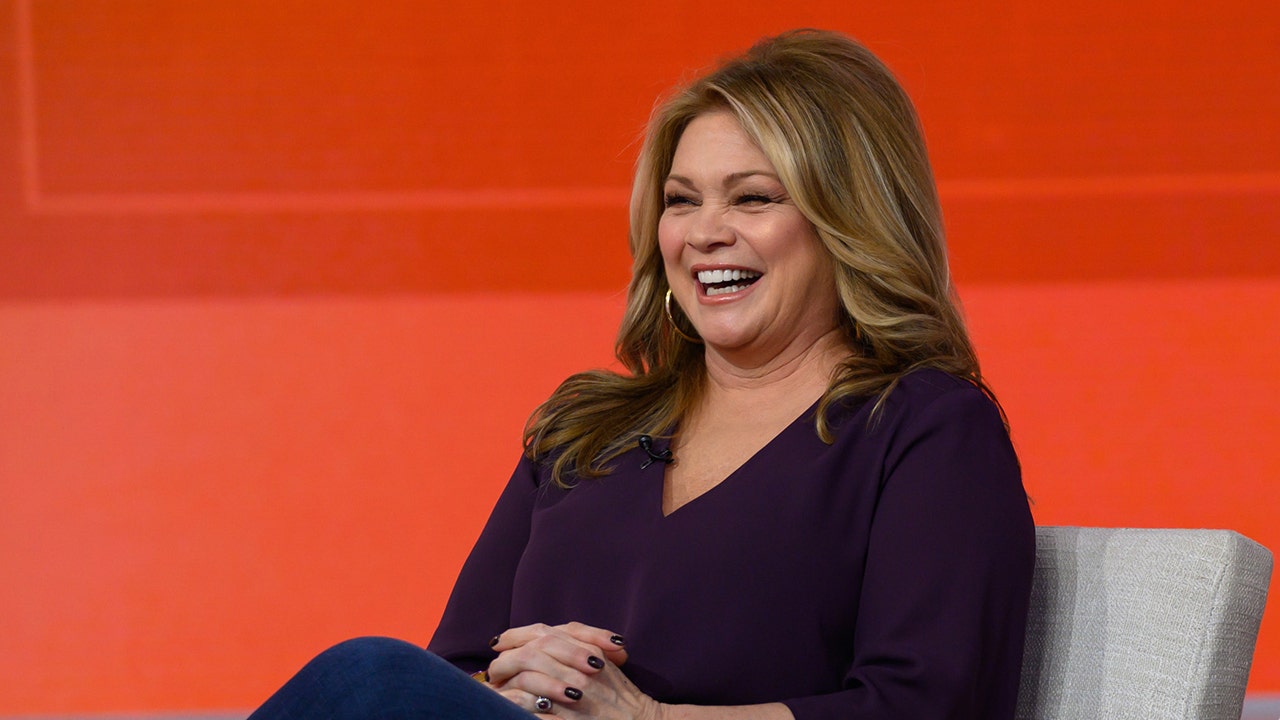
This morning’s announcement that EA plans to sell itself to a consortium of private equity firms is one of the biggest business stories of the year. The $55 billion deal is the largest leveraged buyout in history and will send ripples through the world of high finance, both within and outside the gaming sector.
But even players who have no interest in the business side of the game industry should be paying attention to the news. Analysts who spoke to Ars Technica said that the privately owned version of Electronic Arts will likely be very different from the old public company, in ways that could directly affect the kinds of games the mega-publisher produces.
A $20 billion hole to fill
One of the biggest differences between a publicly owned EA and a privately owned version is that the latter will be saddled with roughly $20 billion of fresh debt provided by JP MorganChase, which is being used to help finance the leveraged buyout. Wedbush Morgan analyst Michael Pachter estimates the firm will be on the hook for roughly $1 billion a year in service payments on that debt after the deal closes.
That’s definitely manageable for a company that brought in $5.92 billion in gross profit in the 2025 fiscal year. However, repaying that debt—and maximizing profits for its new owners—could force changes throughout the company.
“The reality is that in order to service debt of this magnitude, resources need to be freed up elsewhere,” F-Squared analyst Michael Futter told Ars. “That likely means layoffs, studio closures, and [selling] of IP.”
DFC Intelligence’s David Cole added that the new debt could lead to an even more risk-averse version of EA that has “a bigger focus on live services, more focus on annual sports franchises, [and] microtransactions. They are profitable and, most importantly, steady.”
Analysts who spoke to Ars agreed that studios that weren’t involved in EA’s most consistently profitable franchises (generally sports games, Battlefield, and The Sims) were at the most risk of facing layoffs or sell-offs under this new private version of EA. That could spell trouble for EA studios like BioWare (Mass Effect, Dragon Age), Codemasters (F1, Dirt), and even Respawn (Apex Legends, Star Wars Jedi).
“EA will get split between strategic crown jewels on the one hand and assets to be managed on the other,” Aldora CEO Joost van Dreunen told Ars. Cole agreed that “spinning off smaller divisions” was likely in the cards.
But Futter wondered if some of EA’s larger studios could even find an outside buyer at this point. “I’m not sure who would take the risk on a huge investment like [BioWare] after all the struggles with the last couple of releases,” Futter said. And if these struggling studios can’t be sold, EA seems likely to use significant layoffs to “right-size” the less profitable parts of the company.
“Servicing $20 billion of debt means cutting costs,” Futter said. “Companies the size of EA often see labor as a number to be reduced on a spreadsheet.”
Freedom from the quarterly earnings calendar
At the same time, private ownership could help free EA from Wall Street expectations. The need to meet or beat quarterly earnings expectations can cause public companies to prioritize short-term returns over steadier, longer-term planning.
Van Dreunen told Ars that going private could “shift the incentive structure” for EA away from the need to “optimize for predictable recurring revenue like sports games, Ultimate Team, [and the] live-service grind.” Instead, van Dreunen said, the newly private EA “can be a product company again” and “can afford to take bigger swings,” taking advantage of “more latitude for creative roadmaps and longer development cycles.”
“The reality is that in order to service debt of this magnitude, resources need to be freed up elsewhere. That likely means layoffs, studio closures, and [selling] of IP.”
F-Squared analyst Michael Futter
That probably won’t mean the new EA will abandon lucrative microtransactions, van Dreunen continued. But it could mean the new EA makes longer-term bets like “subscription bundling, experimental formats, even prestige projects that don’t have to show [a return] in a single quarter. Whether management seizes that opportunity, or just replicates the same short-term thinking in private, is the open question.”
Cole agreed that a private EA would have the opportunity to make “more long-term strategic bets that do not pay off right away.” And Pachter noted that a non-public EA could “make different decisions that may take years to pay off, such as shifting their focus to free-to-play for something like Ultimate Team.”
However, Futter thinks the move from public to private ownership will shift the source of the ever-present demands for consistently rising profits. “All public AAA companies have overemphasized ‘returning value to shareholders’ over taking care of all stakeholder groups, including labor,” he said. “Now, that will be shifted to keeping the company afloat amidst enormous debt payments and servicing [private equity] owners.”
Saud-EA Arabia
The big wild card that makes this buyout different from others, analysts agreed, was the involvement of the Saudi Public Investment Fund. For the Saudis—who already own almost 10 percent of EA and minority stakes in many other gaming companies—this purchase is “very much about aligning gaming and esports alongside entertainment and sports as key diversification pillars for the Saudi economy,” Niko Partners’ Daniel Ahmad told Ars.
Niko’s research shows that EA’s sports portfolio could be particularly attractive to the Saudis; 33 percent of PC players and 44 percent of console players in the Middle East say the sports game genre is their favorite. Those sports games also fit well with Saudi Arabia’s existing investments in the esports sector, Cole pointed out.
But Cole also warned that the Saudi involvement in a major US-based game publisher could draw government attention, especially when it comes to data privacy. “Games can open a Pandora’s Box of consumer info and data collection, and I expect heavy US government scrutiny of the deal, both initially and ongoing,” Cole said.
The Saudi regime’s stringent position on some social issues might also have an effect on the content of some EA games in the future, analysts warned. Futter said that the removal of LGBTQIA-friendly material in the socially liberal Sims franchise would be the “canary in the coal mine” for that kind of content-based meddling.
Van Dreunen said that Saudi Arabia’s investment “has to do with soft power” more than any specific games or content. That could mean relocating some of EA’s operations or events to Riyadh, and “a stronger emphasis on global cultural reach” for EA titles. With Saudi money underwriting the risk, “the pressure to deliver quarterly profits will ease, even as the pressure to deliver cultural relevance increases,” he said.
Whether that will lead the Saudis or EA’s other new private owners to directly meddle in EA’s day-to-day operations, though, remains a question. “The best case scenario is that the private equity firms leave the company alone and let leadership move forward as the experts,” Futter said. “Leveraged buyouts are wildly risky (see: Toys R Us), and the only winners in situations like that are the PE firms.”



